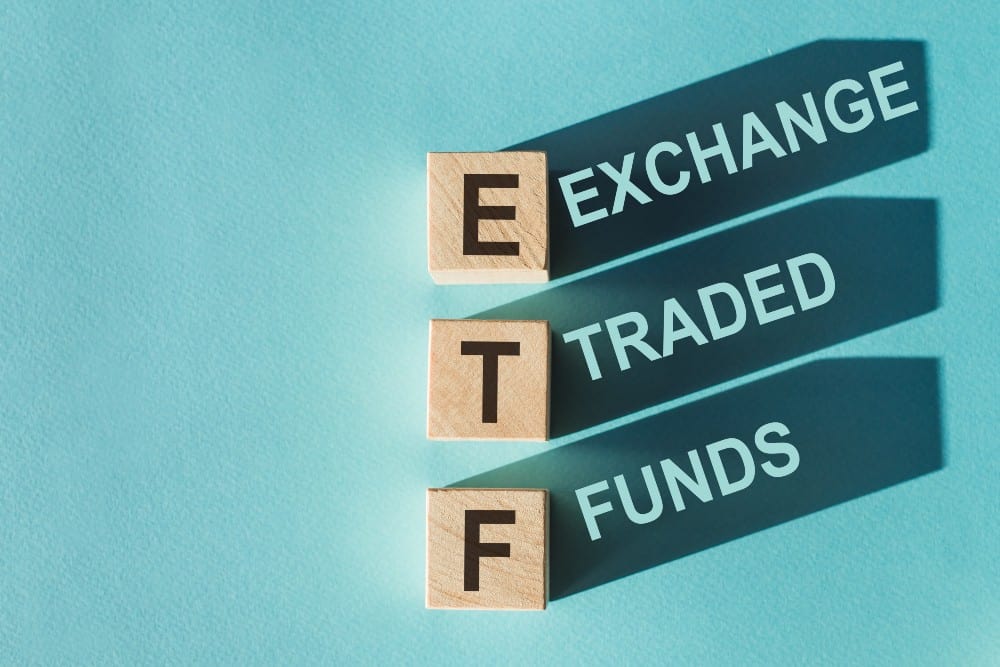Welcome to a series where I break down and compare some of the most popular exchange-traded funds (ETFs) available to Canadian investors!
Beyond the well-known S&P 500 index lies another 3,000-ish mid- and small-cap stocks comprising the remainder of the U.S. stock market. Vanguard provides a set of low-cost, high-liquidity ETFs that offer exposure to these stocks.
The two tickers up for consideration today are Vanguard U.S. Total Market Index ETF (TSX:VUN) and Vanguard Total Stock Market Index ETF (NYSE:VTI). Which one is the better option? Keep reading to find out.
VUN vs. VTI: Fees
The fee charged by an ETF is expressed as the management expense ratio (MER). This is the percentage that is deducted from the ETF’s net asset value (NAV) over time and is calculated on an annual basis. For example, an MER of 0.50% means that for every $10,000 invested, the ETF charges a fee of $50 annually.
VUN has an MER of 0.16% compared to VTI at 0.03%. Both are small, and the difference comes out to around $13 annually for a $10,000 portfolio. Still, VUN is over five times as expensive as VTI, which can make a difference when held for the long term.
VUN vs. VTI: Holdings
Both VUN and VTI track the CRSP US Total Market Index. The index is comprised of more than 3,500 U.S.-listed stocks. Around 82% of the index is dominated by the large-cap stocks found in the S&P 500, with another 12% in mid-caps, and 6% in small caps.
VTI elects to actually purchase all 500 of the index’s stocks in their corresponding proportions. VUN simply holds VTI as a “wrapper.” This structure doesn’t make a discernible difference in terms of performance, but it’s good to understand.
VUN vs. VTI: Tax efficiency
Holding VTI in a Registered Retirement Savings Plan (RRSP) provides you with tax-efficiency benefits over VUN. Normally, U.S. stocks and ETFs incur a 15% tax on dividends. For example, VTI’s yield of 1.37% would be reduced to around 1.19%. However, this does not occur in an RRSP because of a tax treaty with the U.S., allowing you to maximize gains.
VUN does suffer from a 15% foreign withholding tax on the dividends, as the ETF is a CAD wrapper holding its U.S. counterpart. For this reason, VUN incurs an additional drag on the dividends paid out, which can reduce your total return over time.
VUN vs. VTI: Currency hedging
When you buy a Canadian ETF like VUN that holds an U.S. ETF like VTI, the difference between the CAD-USD pair can also affect the value of the Canadian ETF beyond the share price movement of the underlying stocks.
Unhedged ETFs like VUN accept this phenomenon. What that means is if the U.S. dollar appreciates, the ETF will gain additional value. Conversely, if the Canadian dollar appreciates, the ETF will lose additional value. This introduces extra volatility that could affect your overall return.
The Foolish takeaway
If you are comfortable with using Norbert’s Gambit to convert CAD to USD for cheap (which I covered earlier with a how-to guide) and are investing in your RRSP, you can save significantly by using a U.S.-denominated ETF like VTI. Otherwise, if you’re investing in your TFSA or taxable account and want an easier way of buying the total U.S. stock market, VUN is the better buy.








